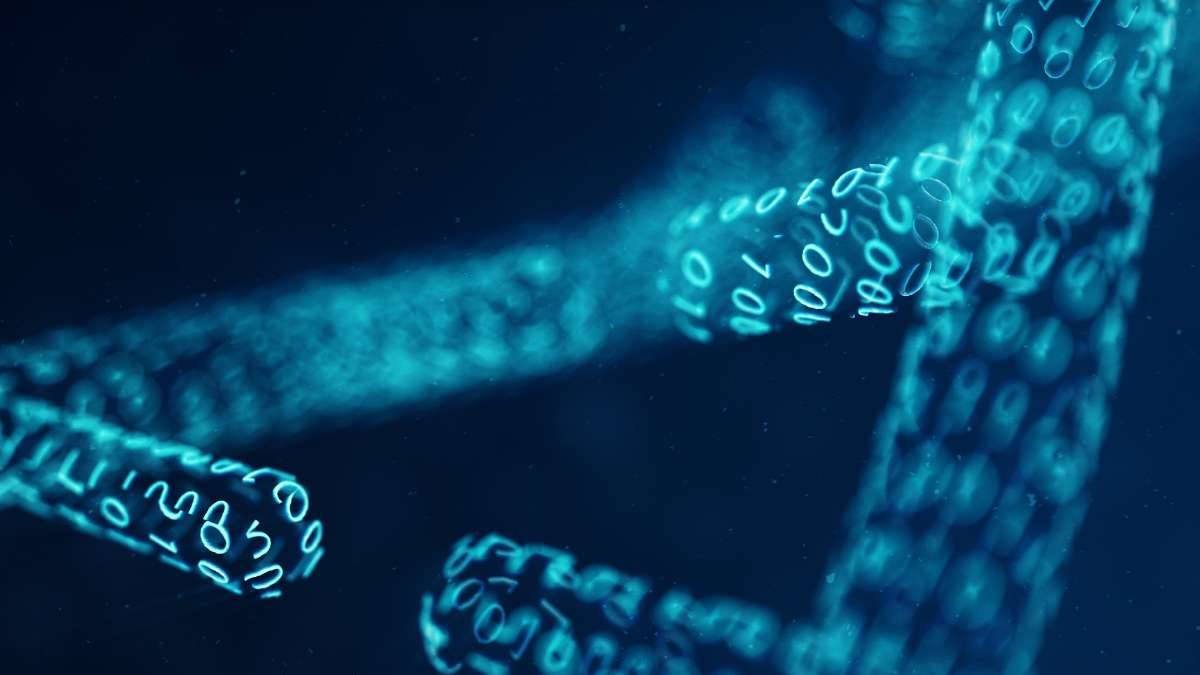
DNA Data Storage
ARTICLES | Jul 08, 2022
Writer: Nuttawut Kulkaew
Editor: Wittaya Wonglor
The internet and metaverse platforms are bringing many challenges for human society. Where, for instance, do we store these masses of data?
CDs, flash drives, and hard disks are being replaced by cloud technologies such as Google Drive, Dropbox, OneDrive, and iCloud. Today, 94% of organizations worldwide use cloud storage. More than one exabyte of data is currently stored in the cloud. By 2025 human-generated data on the internet may total about 175 zettabytes.
Cloud storage requires real-world hardware or warehouses that need space, energy, and resources. The largest data center of Citadel, an internet storage colocation company in Reno, Nevada, covers 1200,000 square kilometers, more than 23 football fields. The more data is generated, the more data centers are needed to keep up with the demand. In addition to being an investment in areas that cannot be used for other functions, data centers also consume energy and affect the environment. Data warehouses already contribute 2% of global greenhouse gas emissions from their electricity consumption, a figure set to soar to 14% by 2040.
New storage options include biomolecules: DNA Data Storage. Computer data storage was initially recorded in a binary system or the numbers "0" and "1". A 2017 study by Erlich and Dina Zielinski of the New York Genome Center showed that just one gram of DNA could contain 215 petabytes, roughly more than 2,201,600 times the storage capacity of one terabyte of 10 grams-NVMe SSD storage. If all the digital data in the world were recorded in DNA Data Storage, it would require only a pair of shoe boxes.
DNA Data Storage has far denser capacity than other technologies. Data can be also retained for thousands to millions of years as the half-life of biomolecules is around 500 years in the proper environment. Data can also be backed up easily through natural bacteria reproduction.
Biomolecule data recording currently takes a long time. Enclosed, dark, and low-temperature environments are needed to preserve DNA, making this storage impractical for everyday devices. Chemical DNA synthesis also costs about $3,500/megabyte of encoded data and about $2,000 to decode. Nearly 30 companies are now offering this form of storage, but this technology needs to be developed for lower cost and mass adoption. The DNA Data Storage market is forecast to grow from $57.81 million in 2021 to $1,761.49 million by 2028, with an annual growth rate of 61.29% over 2021-28, with potentially mass commercial adoption from 2050.
Implications for the future:
- DNA data storage could be a new alternative to storing sensitive and extensive digital data that requires long-term storage - for example, collecting information about species of life on Earth before setting off for space colonization.
- Data storage ethics and security standards need to be established.
Reference:











